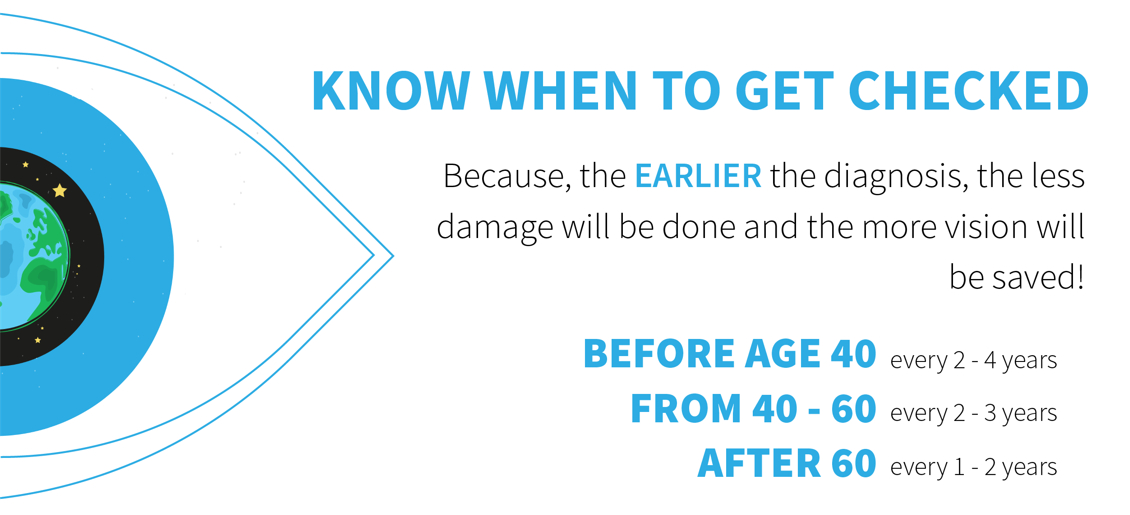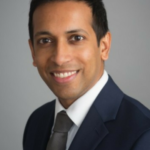World Glaucoma Week
World Glaucoma Week aims to create greater awareness of the condition and highlight the importance of sight preservation, indicated by the campaign’s green ribbon.
This week provides the opportunity to spread the word, whether it is encouraging eye examinations or discussing your family history to help prevent irreversible vision loss.
To mark this awareness week, Consultant Ophthalmic Surgeon Gokulan Ratnarajan shares his advice on the condition known as the “silent thief of sight”.
What is glaucoma?
Glaucoma is a condition in which the optic nerve becomes damaged, leading to increased pressure inside the eye. It is the most common cause of irreversible blindness in the UK and the world, but because the visual loss is slow and often has no symptoms, the condition often doesn’t get picked up until you see an optician.
Early detection is key, which is why the need for regular eye tests are essential, not just testing your need for glasses, but for your overall eye health.
Mr Ratnarajan explains: "Half a million people are diagnosed with glaucoma, but because of the lack of symptoms there's probably half a million people out there not aware they have glaucoma. That's why it's known as the silent thief of sight."
With the risk of developing glaucoma increasing with age, the condition affects almost 10% of people over the age of 75. As well as the elderly, the condition is more common in women, ethnic minorities and indigenous people.

How is glaucoma treated?
Eye drops are usually the first line of treatment, followed by laser or surgery, depending on how advanced the disease is.
Mr Ratnarajan adds: "Nowadays there are more treatment options in the form of laser surgery and micro glaucoma stents, maybe preventing the need for regular eye drops.”
Find out more about the McIndoe Centre
We provide outstanding patient experiences
As a nationally recognised hospital of excellence in plastic, reconstructive, ophthalmic and maxillofacial surgery, we have demonstrated ourselves to be: effective, responsive, caring, safe and well-led. Recently rated ‘good’ by the CQC, we are committed to treating our patients and each other with kindness, respect and dignity resulting in life-changing outcomes.
Patient testimonials
Find out what it’s like to be a patient, from the people who matter the most.








